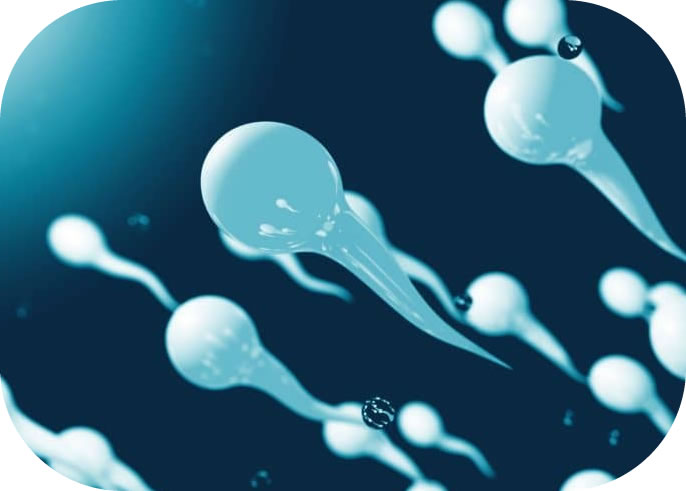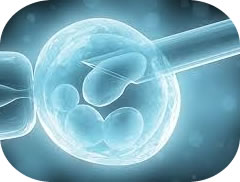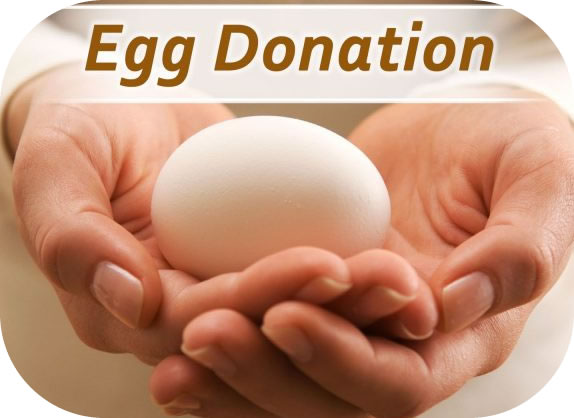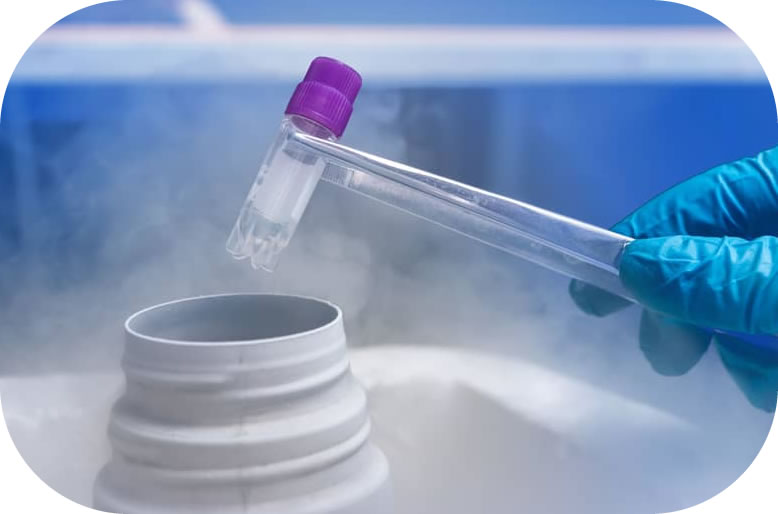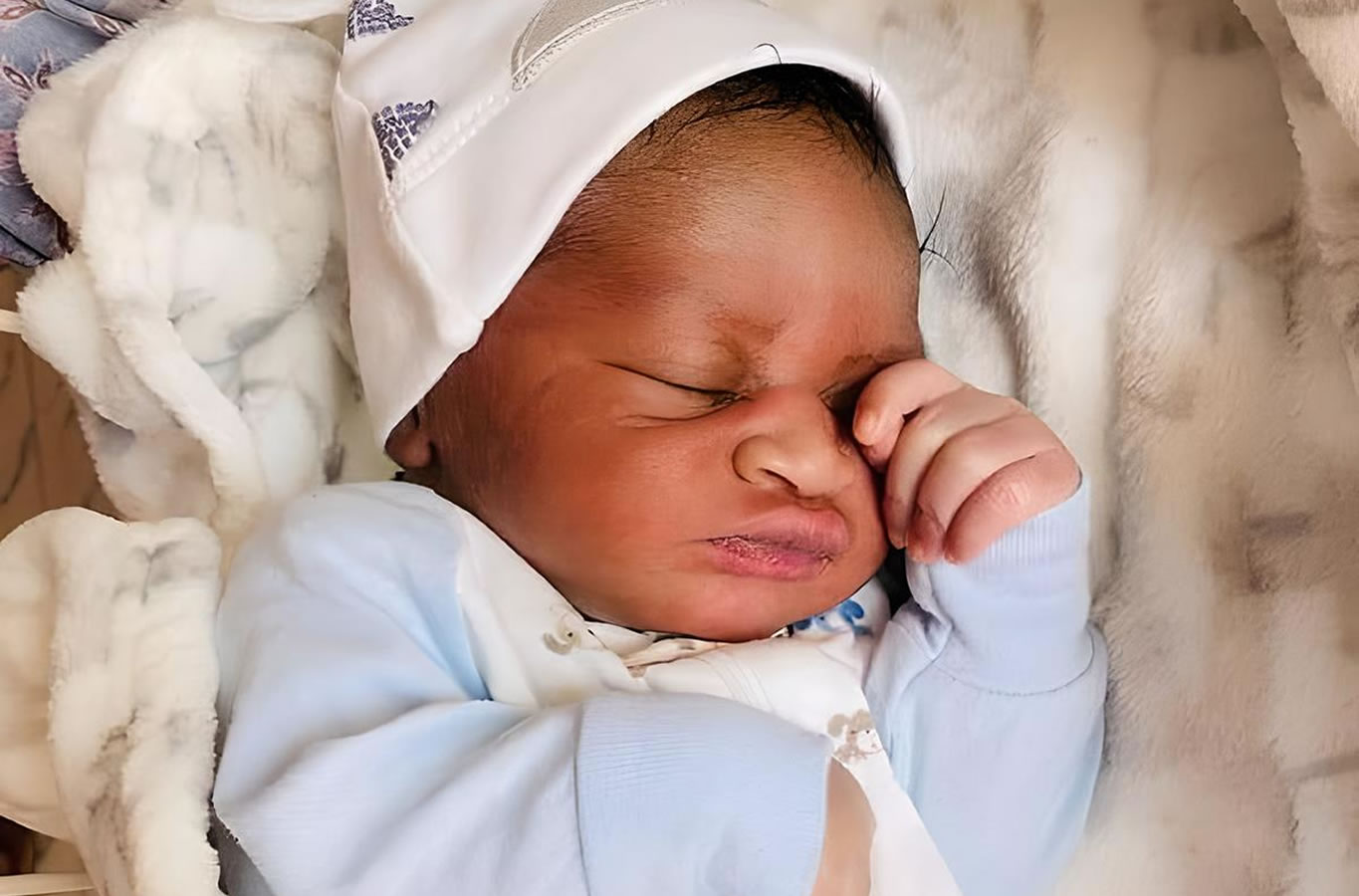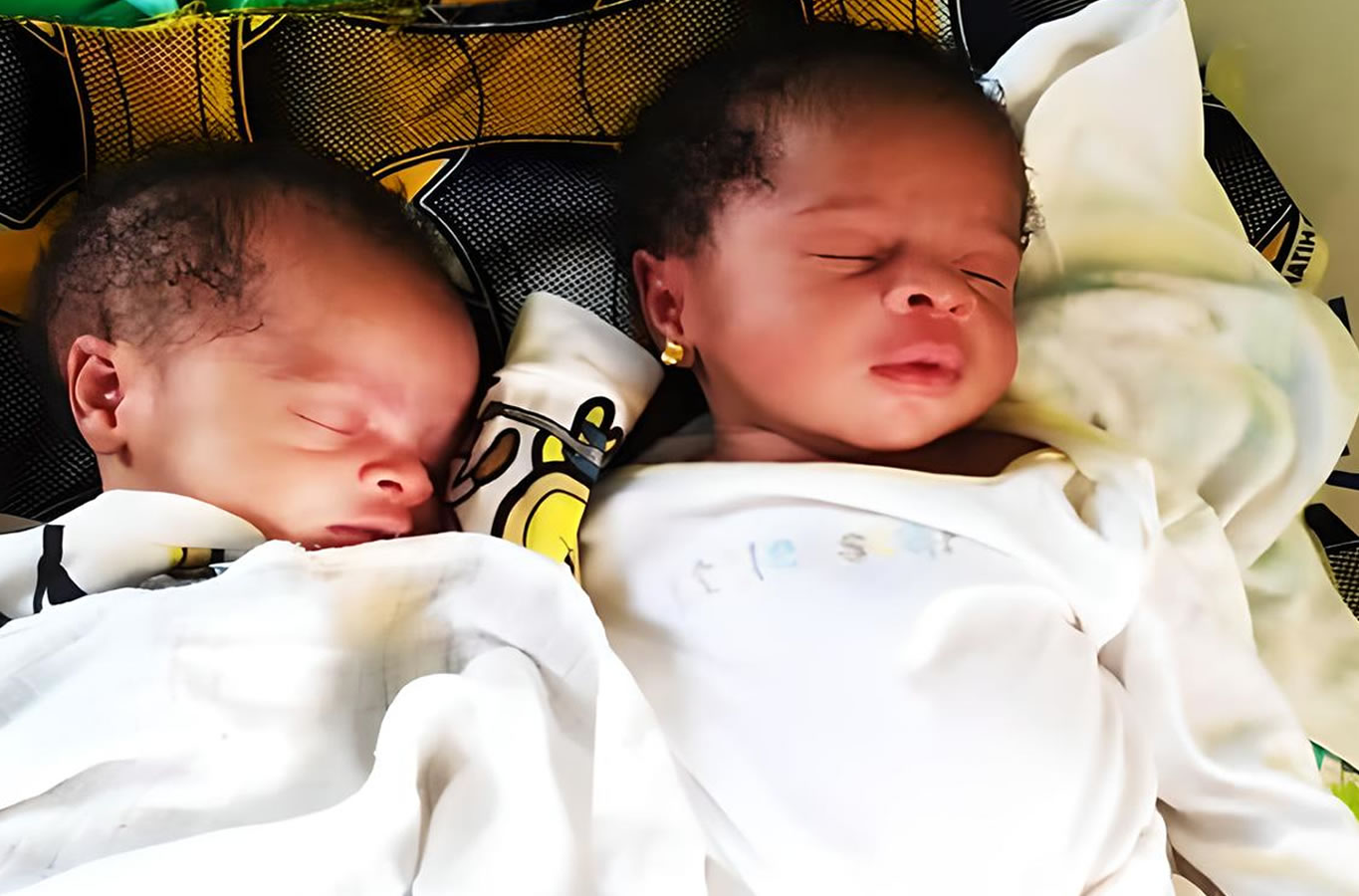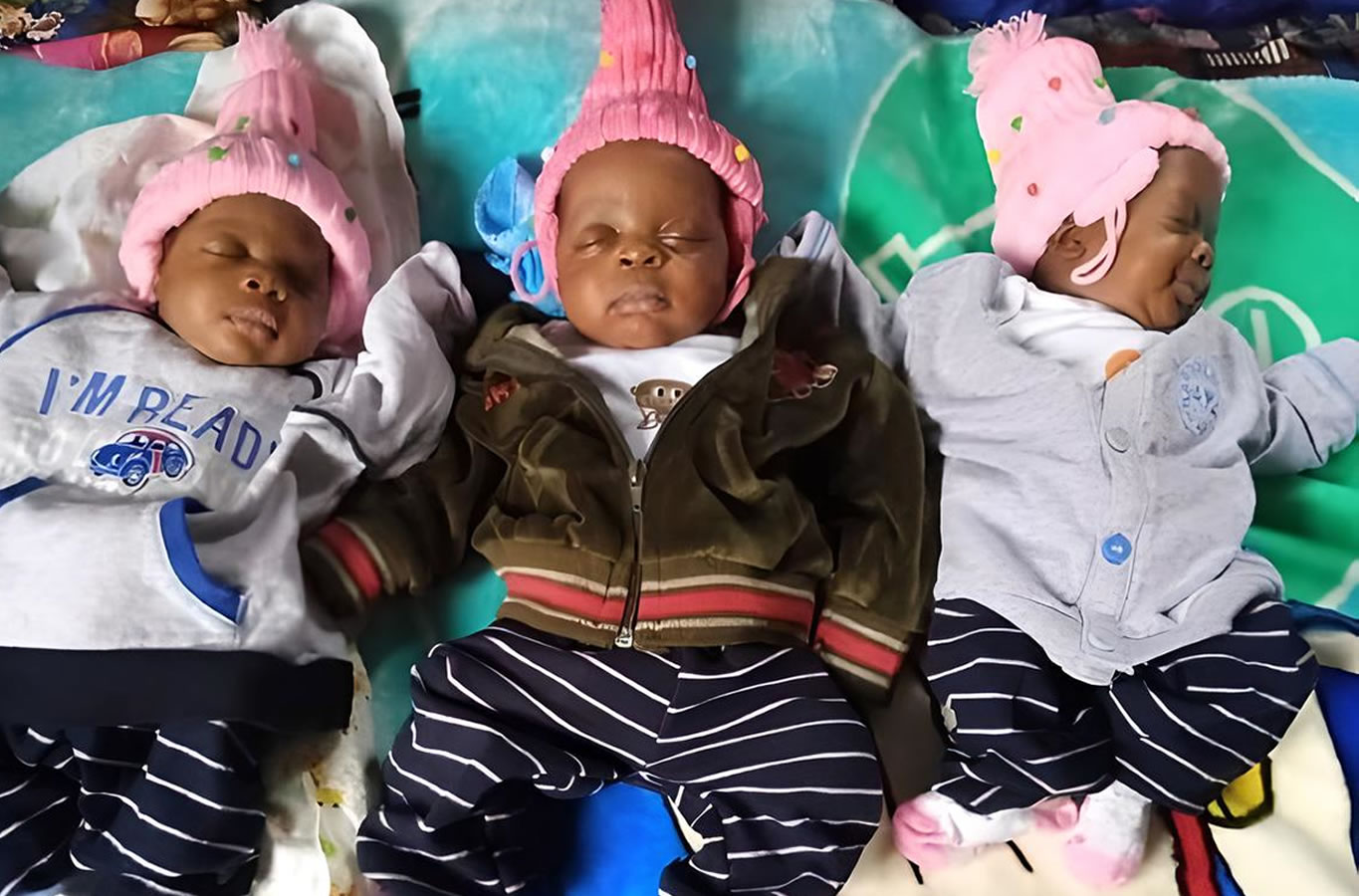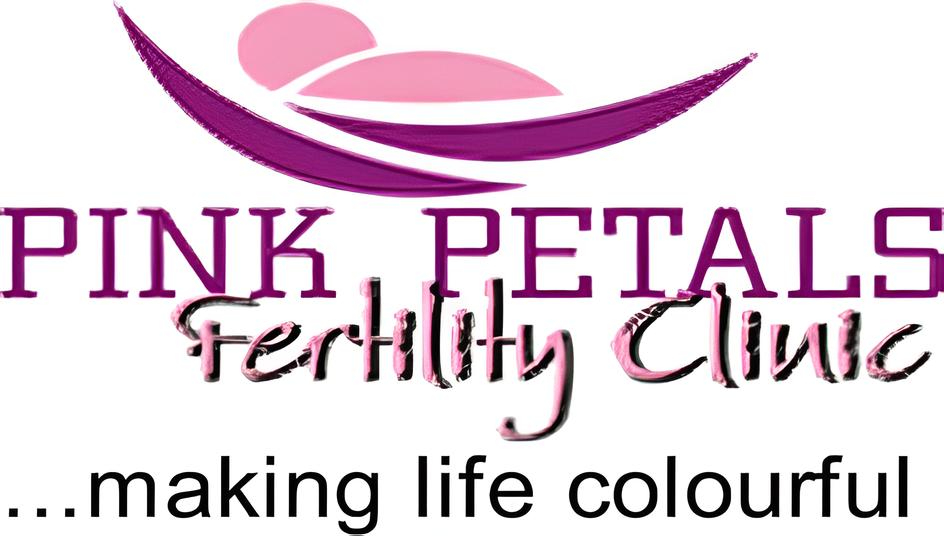Timed intercourse for follicular tracking
Timed intercourse is the act of having vaginal sexual intercourse on the most fertile days of a woman's monthly cycle. Ovulation is expected to occur 14 days short of a woman's cycle length. When there is sexual intercourse within 24hours of ovulation, the chances of pregnancy increases between 14-23% as compared to 13% in untimed intercourse. This is a treatment option for cases of primary or secondary infertility, in which basic studies find no clear reason for the infertility.It is often used by young couples, patients who have spent little time trying to get pregnant and couples with unexplained infertility who wants a simple and natural choice before undergoing more complex techniques. Natural cycle can be used or some drugs given to stimulate the follicle to grow and ovulation induced. Ultrasound scan is usually used in monitoring the growth of the ovarian follicle which contains the egg to determine the possible time for ovulation. Ovulation test strip can also be used to improve this procedure.
Intrauterine Insemination (IUI) or Artificial Insemination
Intrauterine insemination also known as artificial insemination is one of the procedures that are carried out in our center. This procedure is usually recommended to couples who have been trying to conceive for at least 12 months. This procedure is less stressful to the client. relatively straightforward. It is usually carried out for those less than 30years of age whose Fallopian tubes are patent.
Couples that will benefit from this procedure include
i. Unexplained infertility
ii. Low sperm count
iii. Decreased sperm motility
iv. use of a donor sperm
v. A cervical condition, such as thick cervical mucus or anti-sperm antibodies
vi. Cervical scar tissue from past procedures or endometriosis
vii. Ejaculation dysfunction
viii. Discordant couple with HIV infections
The success rate of IUI ranges from 6-20% with a higher success rate for those younger than 30years with male factor infertility. It can be repeated on a monthly basis. A woman's natural cycle could be used or ovulation stimulation drugs which could be oral, injectable or combined which is started on the 2nd day of the menstrual cycle. In our clinic most of our clients use the oral drugs.
• Baseline trans-vaginal ultrasonography before the procedure starts.
• Ovulation induction drugs from the 2nd day of menstruation.
• Trans-vaginal ultrasound from day 8 on stimulation to measure the size of ovarian follicles which contains the eggs.
• A hormone called Human Chorionic Gonadotropin is given to the woman to prompt the release of eggs when the leading follicle is above 20mm.
• Next, the man's semen sample is treated in a laboratory where the semen is separated from the seminal fluid. Doing this maximizes the number of sperm which are available to fertilize the egg.
• Finally, a soft catheter is inserted into the woman's uterus through the cervix(mouth of the womb) where it deposits the "washed" sperm [treated sperm].The process is intended to make it easier for an egg to fertilized since the sperm doesn't have to travel as far to reach it.
IUI poses no side effects for the man or woman, but she may experience some mild cramping or spotting following the procedure. The chances multiple gestation is high in stimulated cycles.
In Vitro Fertilization (IVF)
IVF is an acronym for In vitro Fertilization. Here eggs from the female partner are fertilized with the sperm of the male counterpart outside the body. This is done in laboratory in a condition the mimics the inner lining of the Fallopian tube. The embryo formed is usually transferred 2-5 days into an already prepared inner lining of the womb.
PROCESSES INVOLVED IN IVFIVF procedure may take 4 to 6 weeks to be completed depending on the protocol used. The processes for long protocol include:
1. Down Regulation: Here either a single injection or a daily injection is taken for 2 to 3 weeks. This is usually taken on the laps.
2. Controlled Ovarian Stimulation: Here daily dose of subcutaneous injection is given between 10 to 14 days to cause the ovaries to produce multiple egg containing follicles. This is usually taken on the tummy.
3. Maturation [Ovulation] Trigger: Here a single dose of hCG injection is given to trigger maturation of the eggs.
4. Egg Retrieval: Here the multiple egg containing follicles are aspirated in the theatre under some form of anesthesia or analgesia/sedation 36 hours after the ovulation trigger.
5. Treatment: The eggs collected are fertilized with the partner's sperm after treatment. This treatment could be in the form of incubation with partner's sperm or direct injection of the sperm into the egg [ICSI].
6. Embryo Incubation/Monitoring: The fertilized embryo is incubated and monitored for 2 to 5 days before transfer.
7. Embryo/Blastocyst Transfer: This signals the end of the treatment. Here the embryo is transferred into the inner lining of the womb in the theatre. This procedure is painless.
8. Pregnancy Test: Pregnancy test is done two weeks after the transfer. Congratulation if the test is positive and more congratulations if there is a viable pregnancy sac 2 weeks after.
Information for clients on the Day of Egg Collection
1. A day before the egg retrieval is your injection free day; you have no appointment with the clinic on this day.2. On the day of egg retrieval, avoid heavy make ups...perfumes or roll on
3. Your husband produces semen 1 to2 hours before the egg retrieval
4. Semen is collected at our centre if it was not stored in the cryo tank before the egg retrieval day.
5. You may receive diazepam tablet 1 hour before the procedure. Other sedative and strong analgesia will be given to you during the procedure to prevent you from having pain.
6. You need to be taken home by your husband or a responsible adult.
7. You should not drive or operate any machine at least 4 hours following the procedure.
Following Egg Retrieval You will rest for 2 hours; limit your activities for 24 hours Call the IVF nurse or doctor if you experience the following
. Difficulty in breathing. Bleeding
. Severe pain
. Any other disturbing problems
You can call the embryologist or send SMS for a report concerning fertilization of the egg 24hours after retrieval. You will be called for the date and time of your transfer.
Information For Clients On Embryo Transfer Day
Avoid heavy makeup...perfumes, roll ona. Insert your cyclogest pessary rectally [anus] on the night and morning of transfer, also the night following the transfer.
b. Your urinary bladder has to be full before the embryo transfer, therefore you are expected to start drinking water once you are in the centre and told to do so.
c. Rest for 2 hours in the hospital after transfer after which you are allowed to go home to continue the rest for two weeks.
d. Avoid physical and mental stress as much as possible.
e. Continue your drugs as prescribed by the doctor. Call the doctor or IVF Nurse Coordinator if you have:
• Difficulty in breathing
• Severe pain
• Fever or any other problem
• Avoid sexual intercourse for two weeks
• Drink plenty of water and eat any good food of your choice
• Do your normal domestic activities with care
• Your pregnancy test is 14 days from the day of transfer
• Communicate with the centre immediately after the pregnancy test
Intracytoplasmic Sperm Injection (ICSI)
ICSI is one of the major procedures carried out in our fertility center. It involves injecting a single sperm into the cytoplasm of each egg using a fine glass needle with the aid of a microscope. This procedure overcomes the problem of inability of the sperm to fertilize the egg. Therefore, it is an assisted means of fertilizing an egg. The other processes carried out in IVF/ET is also done here except for the fertilization stage.
Who Benefits from ICSII. Couples who have failed to achieve fertilization or poor fertilization after conventional IVF treatment.
ii. Men with abnormal sperm parameters
iii. Severe male factor infertility like Azoospermia; where the sperm is collected through surgical means.
iv. The use of Cryopreserved sperm samples which are limited in number and quality.
v. Sperm collected through surgical means PESA, TESA, TESEetc.
vi. Sex Prediction following sperm sorting.
Third Party Assisted Conception
Naturally for conception to occur, there should be a prior sexual intercourse involving a man and a woman. The man's sperm fertilizes the egg of the woman to form a miniature baby that becomes implanted in the womb. In some cases of infertility, there may be problem with or absence of either the sperm, the egg or the womb. Here a third person is needed to donate any of the above gamete, embryo and it's component or the womb..this is called Third Party Assisted Conception.



